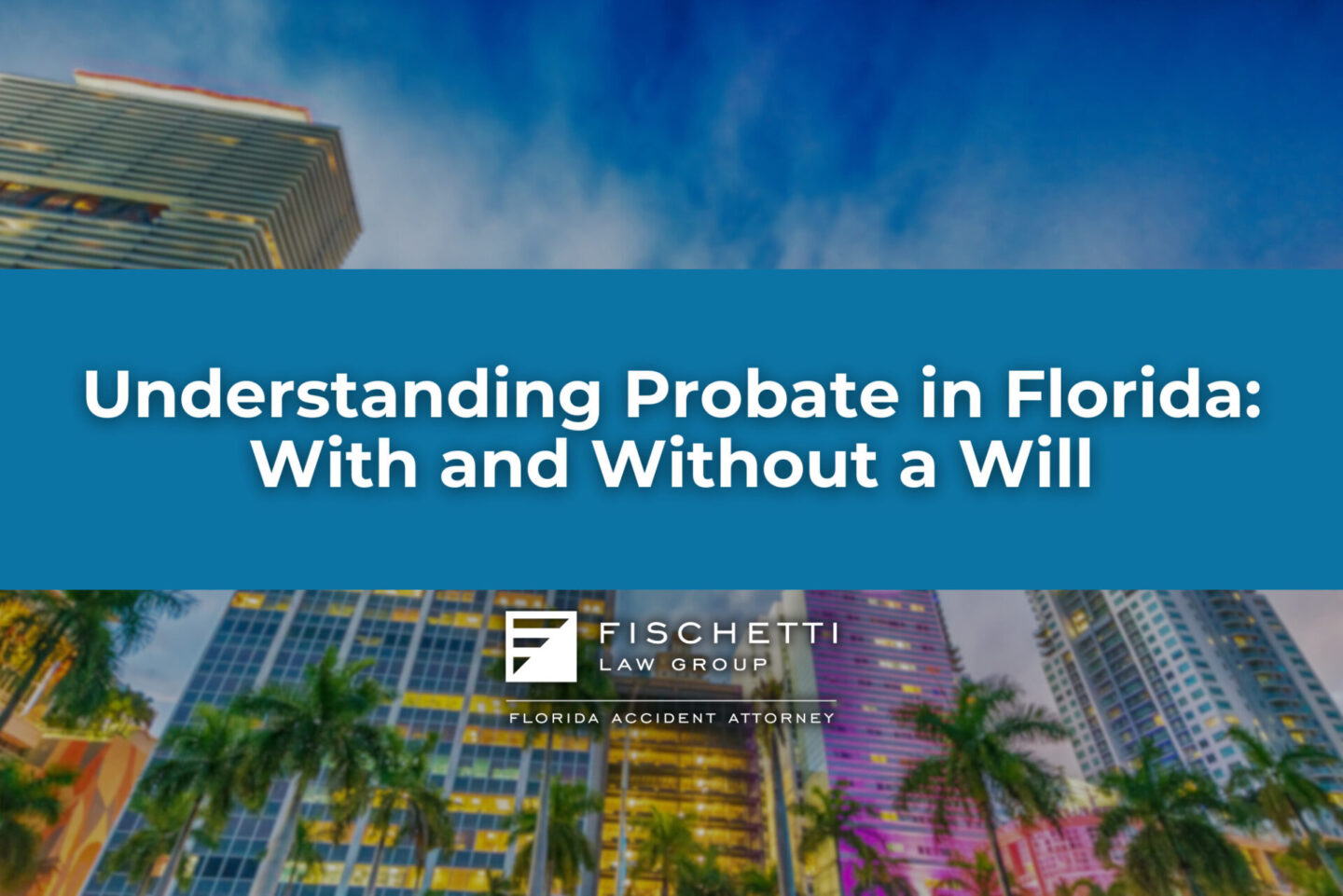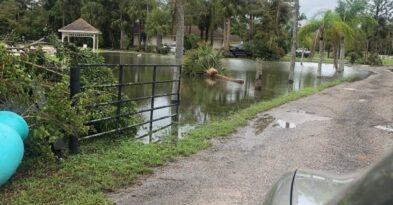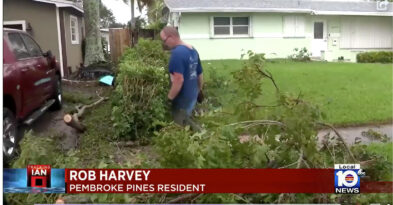What is Probate in Florida?
What is Probate in Florida?
No one wants to find themselves researching how to go through the probate process. Navigating probate in Florida can be daunting, especially during a time of grief. The probate process consists of many steps and often factors that depend on each other. Whether or not there’s a will in place, understanding the probate process is crucial to ensure a smooth transition of the deceased loved one’s assets.
As an estate planning law firm, we’re here to shed light on what probate in Florida entails. This comprehensive guide will explore the probate process in Florida and how it differs depending on the presence or absence of a will.
Probate in Florida with a Will
Probate in Florida Without a Will
Summary Administration vs. Formal Administration
Special Considerations in Florida Probate
Avoiding Probate in Florida
Estate Planning Attorney’s Opinion on Probate
What is Probate in Florida?
Probate is the legal process through which a deceased person’s estate is properly distributed to heirs and designated beneficiaries, and any debt owed to creditors is paid off. It involves validating a will (if one exists), appointing a personal representative or executor, inventorying the deceased’s property, appraising the property, settling debts and taxes, and ultimately distributing the remaining estate.

Probate in Florida with a Will
When an individual dies with a will in Florida, the probate process is referred to as a “testate” administration. This process is different than if an individual dies without a will. Here, the probate process follows the directions left in the will, provided the will meets all legal requirements.
Validating the Will
This step of probate begins with the submission of the will to the probate court. The court must then validate the will. To be considered valid in Florida, the will must meet specific criteria. This criterion includes the will being in writing, signed by the decedent, and witnessed by at least two individuals. The court will verify the will’s authenticity.
Appointing the Executor
Typically, the will names an executor (also known as a personal representative in Florida) who will oversee the probate process. If the nominated individual is willing and capable, the court will officially appoint them. If the will does not name an executor, the court will appoint one.
Notifying Heirs and Creditors
The executor must formally notify all potential heirs and known creditors of the decedent. Florida law also requires the executor to publish a notice to creditors in a local newspaper to alert possible unknown creditors.
Inventory and Appraisal of Assets
The executor must then catalog the decedent’s assets, which can include real estate, bank accounts, securities, and their personal property. These assets are appraised to determine their value at the time of the decedent’s death.
Paying Debts and Taxes
In probate, before distributing the assets to the beneficiaries, the executor must ensure that all outstanding debts, expenses, and taxes of the estate are paid. This may include funeral expenses as well.
Distributing the Remaining Assets
In the final step of probate, after all debts and taxes are settled, the executor can distribute the remaining assets to the beneficiaries. Legally, this must be done as directed in the will. Once distribution is complete, the executor files a final account with the court and requests that the estate be closed.
Probate in Florida Without a Will
Dying without a will in Florida is known as dying “intestate”. In such cases, the distribution of the estate is handled according to Florida’s intestacy laws. The process is like probate with a will but with some key differences.
Appointment of an Administrator
The Florida Probate Process without a will requires the appointment of an administrator. Since there is no will to name a personal representative, the court will appoint an administrator, typically a spouse or close relative, to manage the estate.
Determining Heirship
Florida law provides a hierarchy of beneficiaries who are entitled to the estate. If the decedent was married, the spouse typically receives the estate. If there are no surviving spouses, the estate is divided among the children. If there are no immediate family members, the estate may go to parents, siblings, or more distant relatives.
Inventory and Appraisal of Assets
In order to properly probate without a will, the administrator must inventory and appraise the decedent’s assets.
Paying Debts and Taxes
Just like probate with a will, all debts, expenses, and taxes must be paid before any assets can be distributed.
Distribution of Assets
The distribution of assets is governed by state law, rather than the deceased’s wishes. In Florida, the surviving spouse receives a significant portion of the estate. If there are no children, the spouse may inherit everything. If there are children, especially from a previous marriage, they may also receive a share.
The probate process will end with the administrator requesting the court to close the estate after the assets are distributed according to law.
Summary Administration vs. Formal Administration
Florida offers two main types of probate administration: summary and formal.
Summary Administration
This is a simplified probate process available for estates valued under $75,000 or when the decedent has been deceased for more than two years. It’s faster and requires less court involvement.
Formal Administration
This is the standard form of probate for larger estates or when there are more complex issues to resolve. It requires more detailed court oversight.
Special Considerations in Florida Probate
The probate process in Florida includes a few special considerations that do not apply to most cases.
Homestead Property
In Florida, special rules apply to homestead property. This property is often exempt from probate and can pass directly to the heirs, especially if it was the decedent’s primary residence.
Creditor Claims
Florida law provides a timeframe within which creditors must file claims against the estate. If they fail to do so within this period, they may be barred from recovery.
Avoiding Probate in Florida
Certain assets are typically exempt from probate in Florida. These can include:
• Assets held in a trust
• Life insurance proceeds payable to a named beneficiary
• Bank accounts with a designated “payable on death” beneficiary
• Property owned as joint tenants with the right of survivorship
Estate planning strategies, such as establishing a living trust or designating beneficiaries on financial accounts, can help in avoiding probate. These strategies can also help simplify the process of asset distribution and provide peace of mind.
Estate Planning Attorney’s Opinion on Probate
Probate in Florida can be a complex and time-consuming process, whether there’s a will or not. But understanding the basics can make navigating this process smoother.
Proper estate planning plays a crucial role in ensuring your wishes are honored and can significantly impact the ease with which your estate is handled after your passing.
TESTIMONIALS
What People Say
Fischetti Law Group helped me out with my estate planning when I wasn’t sure how to get started.
I heard how bad probate could be from some friends and decided to get started right away on my estate planning. Michael Fischetti was very professional. I would recommend him to everyone.









